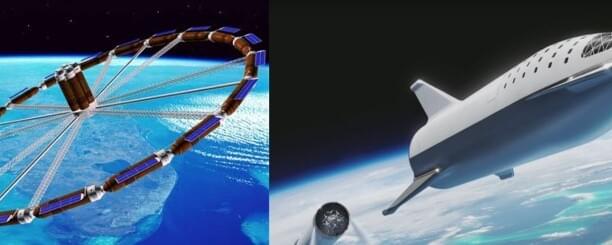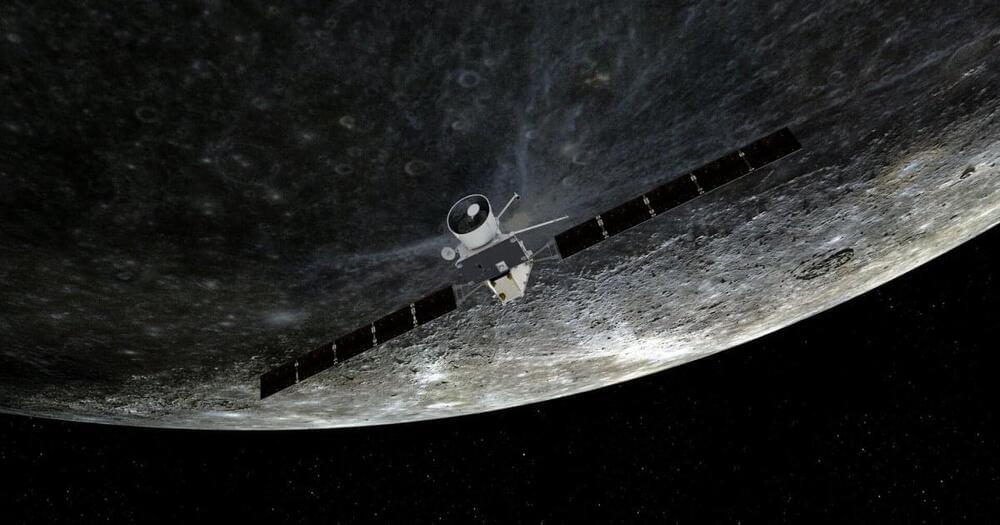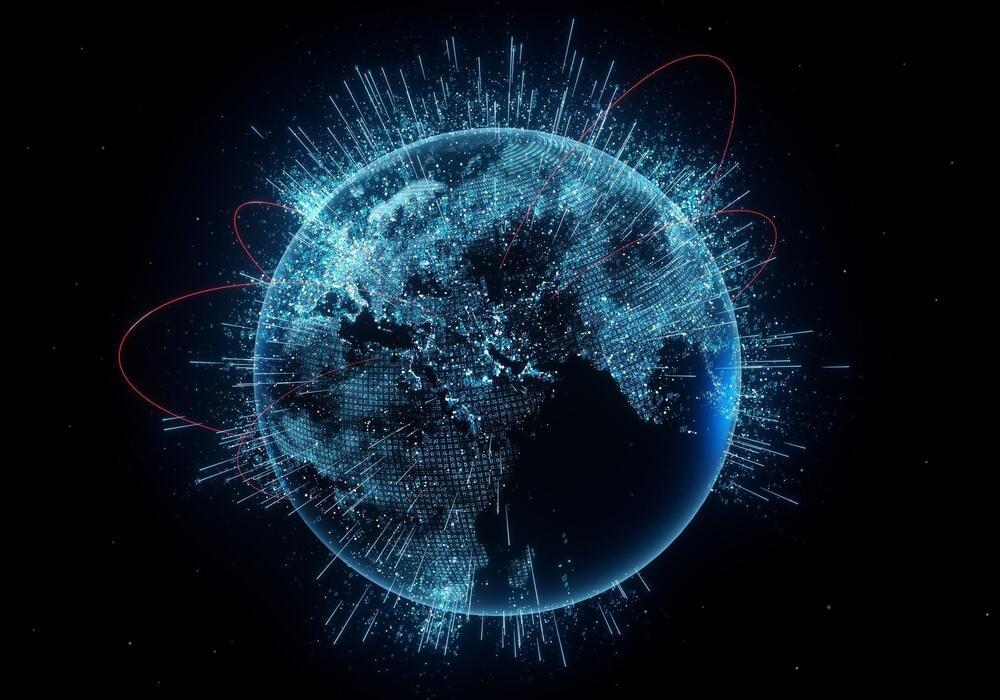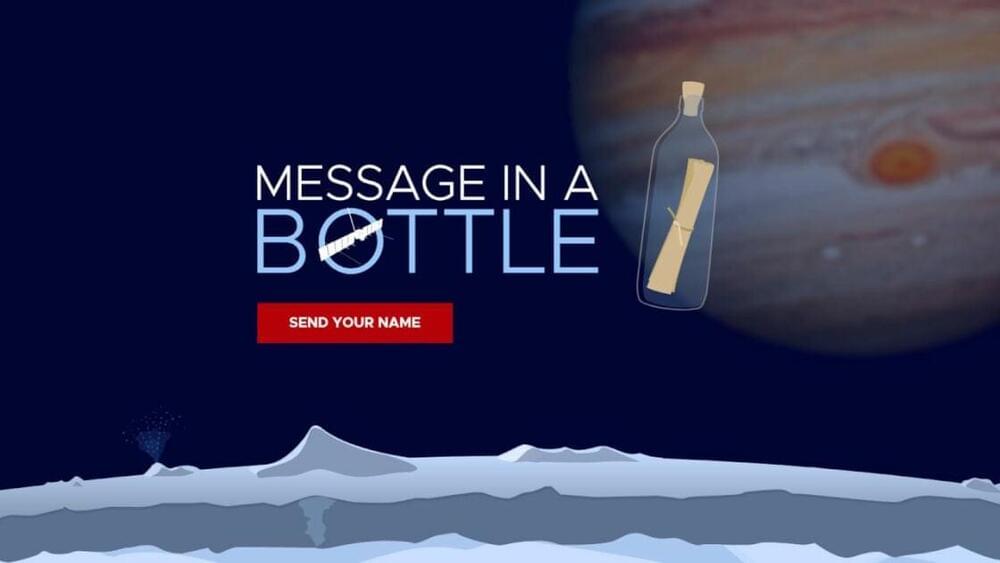Lot’s of science news, stay till the end for the climate stuff.
Expand your scientific horizon with Brilliant! Use our link https://brilliant.org/sabine You can get started for free, and the first 200 will get 20% off the annual premium subscription.
Today we’ll talk about plants that use quantum mechanics, the first data from a new galaxy survey, quantum utility, online hate groups, photonic computing, the most sensitive power measurement ever, how to map a tunnel with muons, bad climate news that I don’t want to talk about, and you don’t want to hear, but that we need to talk about anyway. And of course, the telephone will ring.
💌 Support us on Donatebox ➜ https://donorbox.org/swtg.
🤓 Transcripts and written news on Substack ➜ https://sciencewtg.substack.com/
👉 Transcript with links to references on Patreon ➜ https://www.patreon.com/Sabine.
📩 Sign up for my weekly science newsletter. It’s free! ➜ https://sabinehossenfelder.com/newsletter/
🔗 Join this channel to get access to perks ➜
https://www.youtube.com/channel/UC1yNl2E66ZzKApQdRuTQ4tw/join.
🖼️ On instagram ➜ https://www.instagram.com/sciencewtg/
00:00 Intro.






